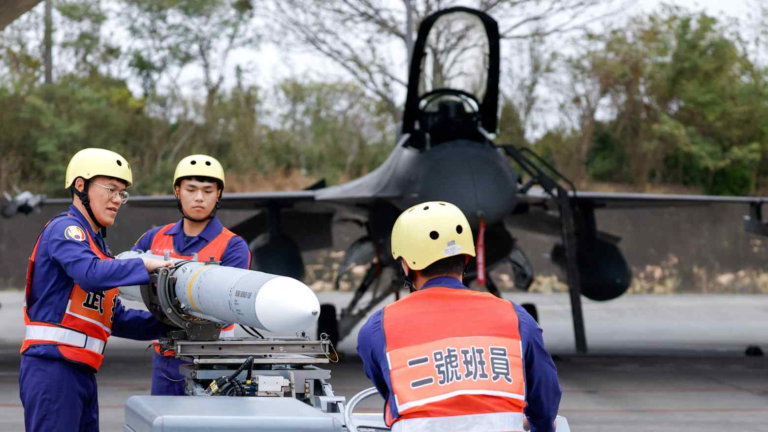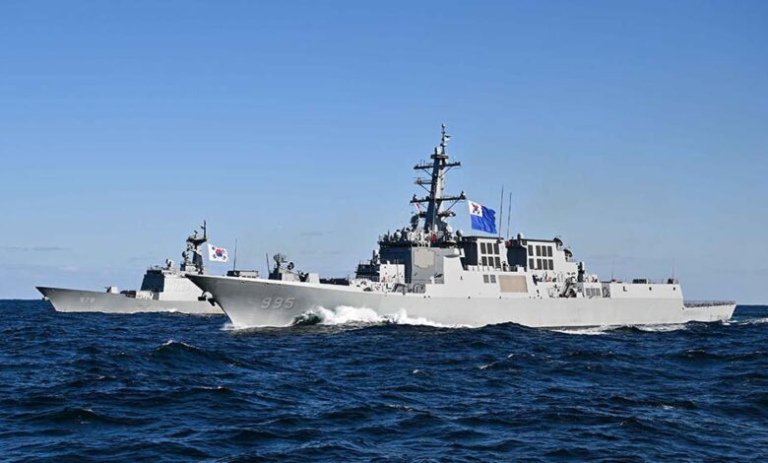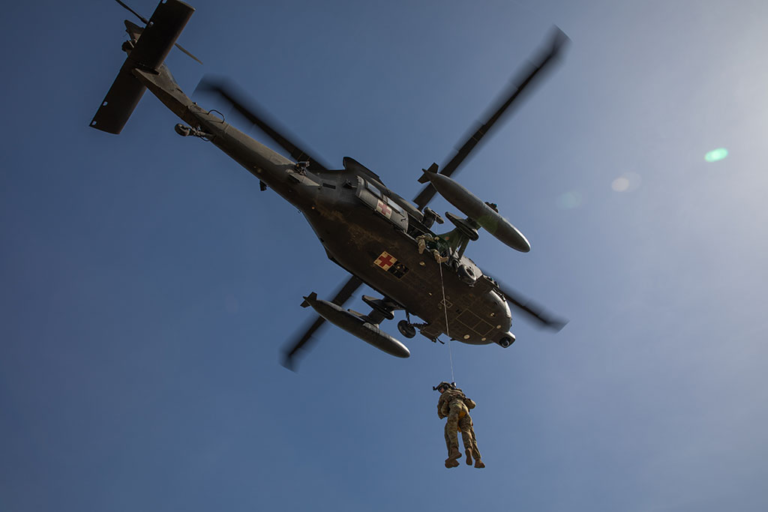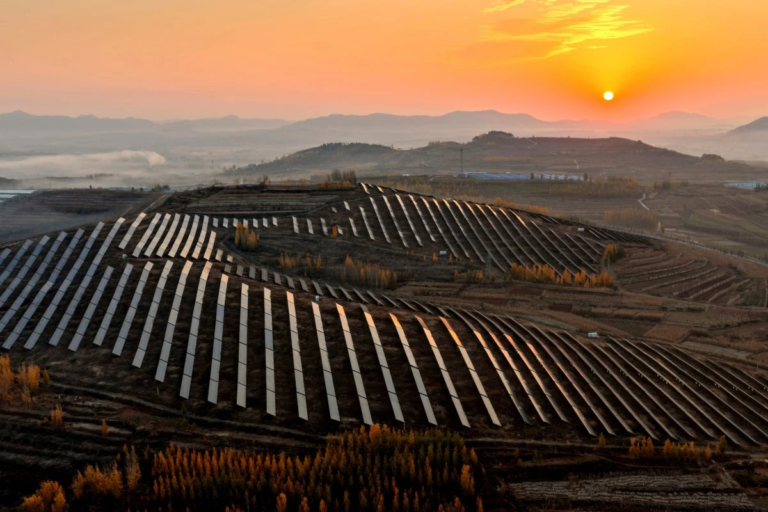
Taiwan has issued a warning about the increasing threat posed by China, emphasizing the need for international vigilance and support.
This statement comes amid concerns over China’s military activities and political pressure on the island.
Observers suggest that Taiwan’s government may also be seeking to align itself with U.S. President Donald Trump, whose administration was notably supportive of Taiwan during his time in office.
The warning underscores Taiwan’s ongoing efforts to strengthen its global alliances in the face of mounting challenges from Beijing.
For decades, Taiwanese leaders have performed a delicate dance of defending Taiwan’s sovereignty while not provoking Beijing. Taiwanese President Lai Ching-te is changing that.
Lai last week labeled China a “foreign hostile force,” something no other recent Taiwanese president has done. Under his watch, a Chinese influencer living in Taiwan has been ordered to leave after supporting Beijing’s view that Taiwan is part of China. He has called for reviving martial law-era military courts to better punish spies leaking national security secrets to China. And he has pledged to increase Taiwan’s defense spending to 3 percent of its gross domestic product, a level not seen in more than a decade.
All of this risks angry retaliation from Beijing, which has been ramping up threats to seize Taiwan by force if it does not come willingly — and it comes at a time when it’s not clear whether the United States, Taiwan’s main military backer, would step in to help.
“We are moving toward conflict escalation with China, that’s for sure,” said Chong-Han Wu, a professor in the department of diplomacy at National Chengchi University. “And China? They will respond for sure to all of Lai Ching-te’s strategies and comments.”
In a fiery speech, Lai said Chinese infiltration — from recruiting members of the military as spies to ordering Taiwanese celebrities to echo Beijing’s view — had reached new levels. “By its actions, China already satisfies the definition of a ‘foreign hostile force,’” he said last week. “We have no choice but to take even more proactive measures.”
It was the first time a Taiwanese president had addressed the issue of Chinese interference so publicly and boldly, analysts said. Lai’s17-point plan to address the national security threat appeared partly aimed at Taiwanese voters as his party encourages them to recall opposition lawmakers who dominate the legislature.





